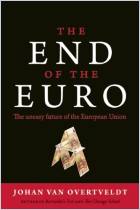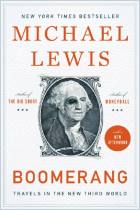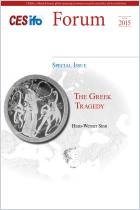
Bust
Greece, the Euro and the Sovereign Debt Crisis
Read or listen offline
Amazon KindleRecommendation
For a relatively small country, Greece has made outsized contributions to the world: mythic legends and heroes, great art and architecture, illuminating philosophers and thinkers, and the very word “democracy.” Yet the nation that invented the Greek tragedy is living its own version of one today, dealing with fatal flaws that threaten to spread its suffering to the rest of Europe and beyond. Journalist Matthew Lynn dissects the origins of Greece’s debt crisis and relates how the dream of a united Europe has led to what he predicts is the euro’s imminent downfall. His dry, witty, clever writing style provides some relief around the all-too-real events he recounts and the dramatic prospects he predicts. getAbstract recommends this modern-day tale of unfolding human tragedy that’s going to need a deus ex machina to bring catharsis and resolution.
Summary
About the Author
Matthew Lynn is a financial journalist and columnist for Bloomberg TV and Bloomberg News. He wrote the Death Force military thriller series.



















Comment on this summary